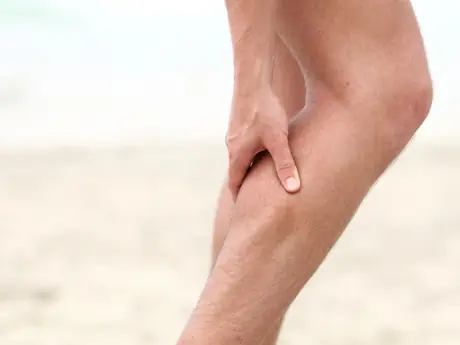Cruz says they are similarly evaluating procedures to ensure safety, including things like subjecting runners and spectators to random bag checks, more closely monitoring entry into start corrals, and restricting parking 300 feet from the marathon route. "We've been in deep conversations with the FBI, the Department of Homeland Security and the local police departments to make sure we are implementing increased security measures," he says.
With the St. Jude Country Music Marathon approaching in less than a week, they are working at a feverish pace to put these plans into action. "It's no question we live in a post-9/11 world, so every one of our events has a unified command center that involves city, state and regional authorities to respond to any emergency," he says.
Executive Director of the Houston Marathon Committee, Wade Morehead, says they also set up a command center during their race. "We have a unified command center on sight during the event to work directly with the Office of Emergency Management in case of emergency," he says. "Houston is a large market accustomed to hosting Super Bowls and NBA All-Star games, so we also work with all the public agencies during our event."
Indeed, there are some risks that just can't be avoided. "Every festival, parade and farmer's market are all vulnerable in some capacity to evil," says Cruz. "But as evidenced by the great response of the BAA on Monday [April 15], marathons include a tremendous amount of law enforcement and medical professionals right there ready to act."
Smith of the Portland Marathon insists that canceling these events as a result of these concerns would simply be giving in to the people who seek to hurt us. "The key is to alleviate fear, to increase confidence, and to come together as runners and Americans," he says. "We should always be cautious, but not to the point of hiding in our homes and avoiding running these events."
Races to Rely on Help From the Public
Nealis emphasizes that closing a marathon course from spectators or holding races in contained areas isn't an option, saying, "It's the only sport that allows fans to come for free, creating a unique relationship between runners and fans. We couldn't just have a race in a stadium, where they have to run 100 times around a track."
- 3
- of
- 4
About the Author

Get ACTIVE on the Go


Couch to 5K®
The best way to get new runners off the couch and across the finish line of their first 5K.
Available for iOS | Android






Discuss This Article